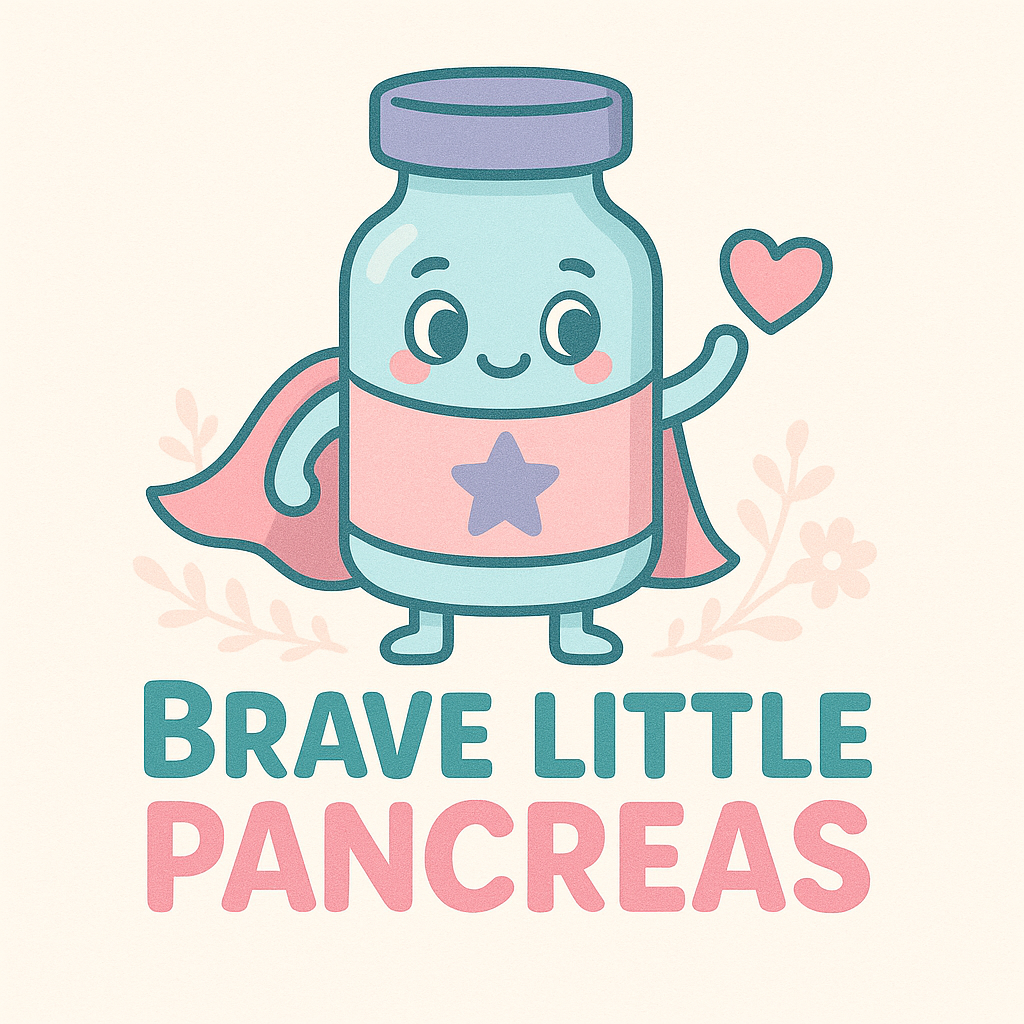Surviving the First Week After a Type 1 Diabetes Diagnosis
When your child is first diagnosed with Type 1 diabetes, the world can suddenly feel too big, too medical, and too heavy. You may find yourself sitting in a hospital chair, staring at syringes and carb counts, wondering how you’ll ever get the hang of this.
Before, you packed snacks without thinking. After, you count every carb.
Before, you slept through the night. After, you listen for alarms, rustling sheets, and quiet breathing.
Before, you didn’t know what a basal rate or bolus was. After, you feel like you’ve enrolled in a crash course in medical school — with no time to study.
If that’s you right now, let me start by saying:
You are doing an incredible job.
Even if you cried in the bathroom between finger pokes.
Even if you second-guessed every number on the meter.
Even if you forgot the juice box once.
You are showing up — and that’s what bravery looks like.
Give Yourself Permission to Feel Everything
Grief, anger, confusion, relief — they can all exist in the same moment. It’s okay to cry in the car, to feel jealous of parents who don’t have to carry juice boxes everywhere, or to not want to explain it one more time. None of that means you love your child any less. It just means you’re human.
Focus on the Basics
You don’t have to understand everything this week. Just learn what keeps your child safe:
How to check blood sugar
How to dose insulin (or use the pump if you have one)
What to do if numbers go too high or too low
Everything else — technology, routines, sleep schedules — can come later. You’ll build confidence as you go. And you will make mistakes. Every parent does. That’s how you learn.
So much of diabetes care feels out of your control. That’s why little rituals matter:
Keep a small “supply station” at home — a basket or bin with glucose tabs, a meter, and snacks.
Make nighttime checks more peaceful with a dim light and quiet playlist.
Sit with your child and name feelings together — scared, brave, tired, okay.
These small acts of order remind your nervous system that you can handle this, even when it feels impossible.
💕 Find a Support System
Whether it’s another T1D parent, your diabetes educator, or an online community like Brave Little Pancreas, reach out. Connection helps turn chaos into courage. You don’t have to walk this road alone. There’s a whole world of T1D parents who understand the 2 a.m. blood sugar checks, the fear of sleepovers, and the strength it takes to smile when you’re running on fumes.
Online or in person, find your people — even if it’s just one parent who says, “I get it.” That’s enough to turn isolation into connection.
🧁 Small Wins Matter
When you live by numbers, it’s easy to only see what went “wrong.” But diabetes is full of daily victories:
You remembered the insulin pen before leaving the house.
You guessed the carbs within 10 grams.
You made it through the first site change without tears (or with fewer tears).
Write those wins down. Share them with your child. It’s how you both learn to measure progress by courage, not perfection.
Right now, every number feels urgent and every decision feels high-stakes. But with time, this new language becomes second nature.
There will come a morning when you pack a lunch without overthinking it, or a bedtime when you don’t check the meter three times. You’ll look back and realize that what once felt impossible has quietly become routine.
And when you do — I hope you take a second to see how far you’ve come.
🌈 Here’s a gentle reminder: You don’t have to do this perfectly. You just have to keep showing up. And you already are.
💌 Download our free “Newly Diagnosed Family Toolkit” — a printable guide filled with simple routines, supply checklists, and words of encouragement for your first 30 days after diagnosis.

